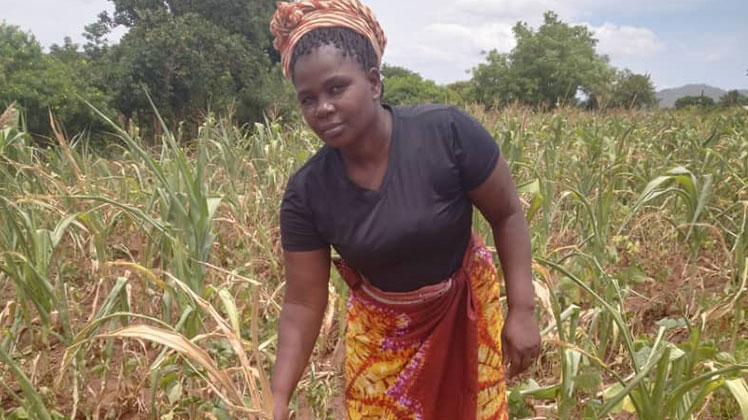Consult women on climate change strategies—Cisanet

Civil Society Agriculture Network (Cisanet) national director Tamani Nkhono-Mvula says Malawi needs programmes that target women to come up with sound climate change protection programmes.
Nkhono-Mvula was speaking in Karonga during a fact-finding mission on nutrition and climate change in Malawi.
“There is a lot that needs to be done. Most policies were drafted when climate change was not an issue,” he said.
The Institute for Development Studies Knowledge Services (IDS KS) has partnered Cisanet and the Coalition of Women Farmers to promote awareness on the linkages of climate change adaptation, nutrition, food security, gender, and agriculture development in Malawi while also providing civic space for public dialogue.
David Mkwambisi of the Lilongwe University of Agriculture and Natural Resources (Luanar) noted in a Cisanet radio documentary that most climate change adaptation strategies in the country are generic in nature and there is need to revisit them to address challenges of climate change impacts on vulnerable groups such as rural women.
“We need to have strategies and plans targeting different gender groups. We need specific development plans for gender and climate change,” he said, adding: “At district level when planning there is need to consult the women to have better adaptation strategies.”
Malawi, with its predominantly rural population of nearly 16 million, relies heavily on smallholder agriculture to achieve food security and foster economic growth but weather variations due to climate change have undermined the sector’s productivity over the past two decades.
These climatic changes affect people’s lives, especially women farmers who make up the bulk of agricultural labourers and are the backbone of food production systems.
Emily Mwakimeme, one of the female smallholder farmers in Karonga, said women are the most affected by the impact of climate change in Malawi.
The fact finding mission undertaken by Cisanet in Karonga, Mzimba, Chikhwawa and Nsanje revealed the linkages between climate change and nutrition.
In its mission, Cisanet concluded that it is important to look at issues of climate change and malnutrition as raised by the women farmers holistically and see how best they can be helped or empowered.





